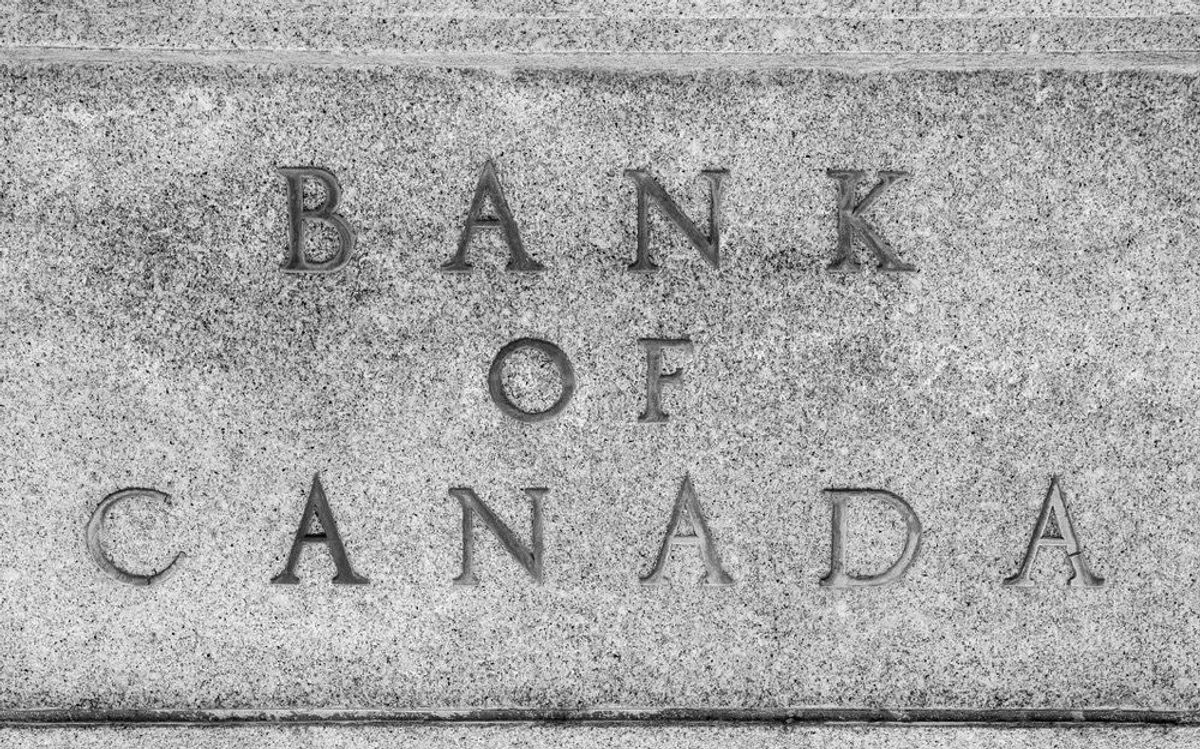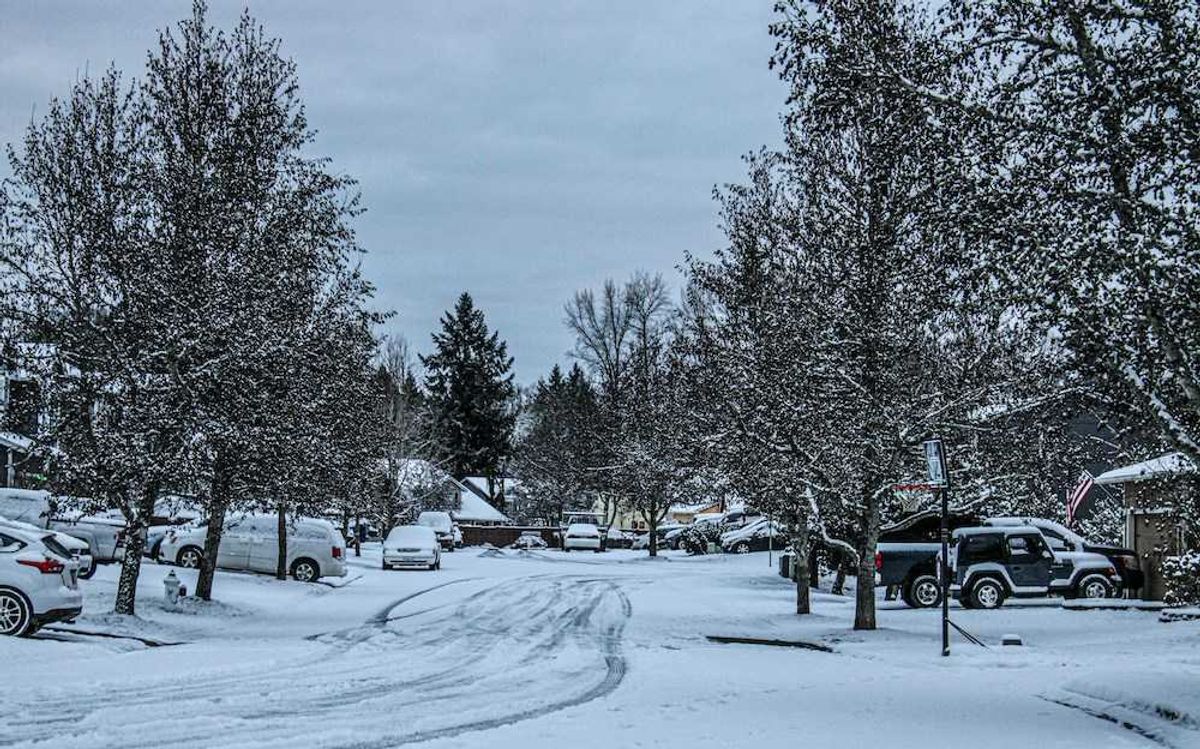In the weeks leading up to April, which saw more than one million Canadians lose their jobs or have their hours reduced in response to the COVID-19 pandemic, tenants began to fear they might not be able to pay their looming rent.
This led to calls for a rent strike from groups like Parkdale Organize, which caused worry among landlords and city officials across the country, including Ontario Premier Doug Ford who said renters in crisis wouldn't have to pay rent. However, despite the countless calls for an April rent strike, new numbers found that most tenants in Canada managed to pay their rent.
Read: Toronto Landlord Pens Heart Warming Letter to Tenants, Tells Them Not to Pay Rent
In fact, 85% of Canadians were able to pay their rent for this month, according to John Dickie, President of the Canadian Federation of Apartment Associations.
According to Dickie, as of a few days ago, 75% of Canadian tenants had paid their April rent in full, while another 10% had paid in part. In total, 80% of the rent due was paid, leaving a 20% shortfall.
The Greater Toronto Area (GTA) faces a 25% shortfall in April rent which, when combined with the rest of Ontario's 15% average, leaves the province as a whole at a 20% shortfall, says Dickie.
Dickie explained that shortfalls vary by exact location, by building type, and by landlord.
"Remember that many groups have not been financially disadvantaged by COVID-19," says Dickie, adding that certain groups have kept rent collections up, which will enable rental housing providers to support the people who have been hurt financially.
According to Dickie, the groups that haven't been hurt financially include people working for governments; people working for government-funded organizations (such as hospitals, nursing homes, public schools, colleges or universities); people working in essential businesses (such as food retailers, drug stores); people working full hours from home; and retired people.
READ: OFL Calling for $2,500 per Month Rent Relief from Ford Government
And while these numbers are strong for April, it still remains unclear how things will pan out for May, especially now that emergency assistance benefits, like EI and CERB, are in place.
Last month, Prime Minister Justin Trudeau said that "No one should have to worry about paying rent, buying groceries, or additional child care because of COVID-19. We will help Canadians financially.” However, the federal government still has yet to announce any measures that specifically combat rent-related issues, which continues to be a huge concern for residential tenants.
And while EI and CERB will definitely help Canadians pay their rent and other bills, it still takes time for each of these benefits to make it into the wallets of those in need, which is why Canadians are turning toward their provincial governments for further assistance.
Here in Ontario, the Ford government previously announced it’s freezing all new evictions until further notice and postponing eviction orders already in place. But there still seems to be no respite in terms of official rent relief for tenants.
However, the provincial government said it's "encouraging landlords and tenants to work together during this difficult time to establish fair arrangements to keep tenants in their homes."
Additionally, tenants can find some solace knowing that under the Residential Tenancies Act, landlords cannot charge fees or penalties for late rent payments.





















